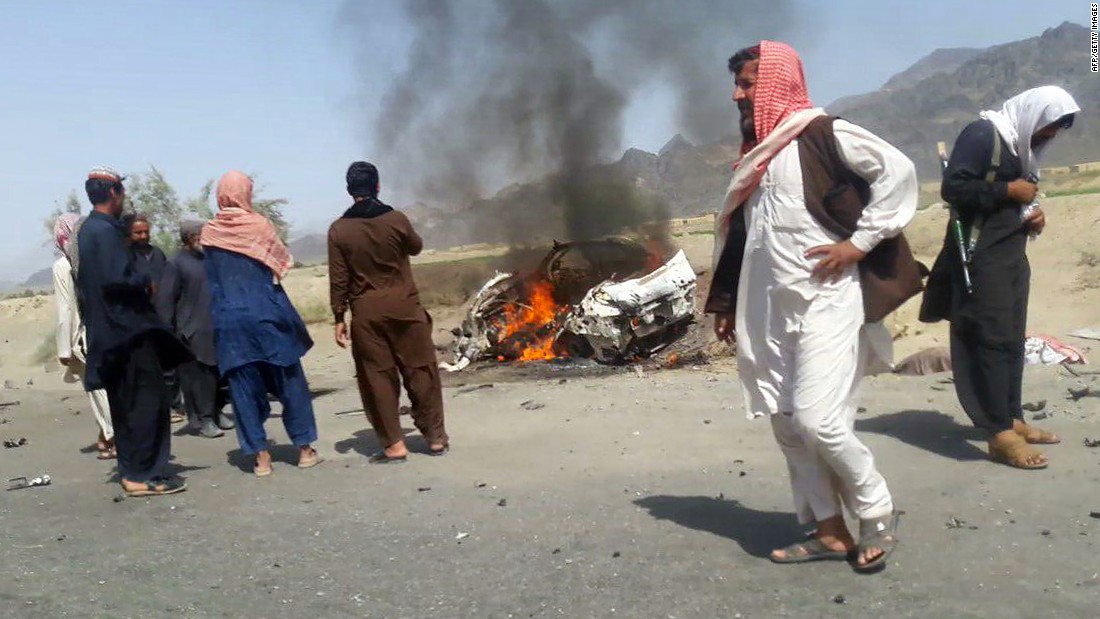
The White House, finally confirming the death of Mullah Akhtar Mohammad Mansour, announced Monday the Taliban “should seize the opportunity to pursue the only real path for ending this long conflict — joining the Afghan government in a reconciliation process that leads to lasting peace and stability.”
That is some optimism. It is true the Taliban’s most recently deceased leader — who took the helm after Mullah Mohammed Omar’s death finally broke into the open in 2015 despite years of trying to keep it secret — fervently opposed talks. But for a reason of his own. Many felt he was consolidating his grip on the insurgency after some intense infighting by showing battlefield prowess and success. Such a tactic, especially given the Taliban’s recent successes, is highly likely to be repeated by Mansour’s eventual successor.
President Barack Obama’s decision to order Mansour’s assassination says a lot about the current state of mind in the White House when it comes to the war that the commander in chief pursued vigorously at the start of his presidency.
Secondly, a drone stroke killed Mansour in Pakistan — the most high-profile operation there since the United States killed Osama bin Laden near Abbottabad in 2011. That indicates some impatience with Pakistan’s continued proximity to the Afghan Taliban and perhaps an indication in Washington that it does not believe Islamabad is entirely behind the peace process it nominally supports. Indeed, Pakistan’s relatively muted complaints about the violation of its sovereignty by Saturday’s drone strike was also voiced with a hope the peace talks could continue.
It’s unlikely they will. Mansour consolidated his grip by winning territory and bringing the fractured insurgency together on the battlefield. His successor will likely be tempted by the same tactic.
And sources close to the Taliban and media reports said the shortlist of candidates is topped by Sirajuddin Haqqani — the man the United States calls al Qaeda’s chief facilitator in Afghanistan and leader of his own eponymous network. Mansour made him his deputy of operations despite the signals that could send: that the Taliban were again too close to al Qaeda, and maybe also to the Pakistani intelligence services thought to bolster Haqqani. Mansour was not worried about appearing too radical to the Taliban he sought to lead.

Another deputy being considered as a successor is Haibatullah Akhund, the second-in-command. Mullah Mohammad Yaqoob — Mullah Omar’s son — is also thought possible, as is former Guantanamo prisoner Mullah Abdul Qayyum Zakir. At a time when the Taliban controls more territory in Afghanistan than it has since 2001, and their leader has just been executed by a drone strike, it’s unlikely whoever takes the helm will decide now is finally the time for peace talks.
Clearly, the White House decided disarray, chaos and even a leadership struggle, in which different factions tried to prove themselves in battle, were preferable than the status quo. Mansour’s death provides the administration with a simple answer to those who say it is losing the war in Afghanistan, but it may not bring the peace that is sought.
As reported by CNN
